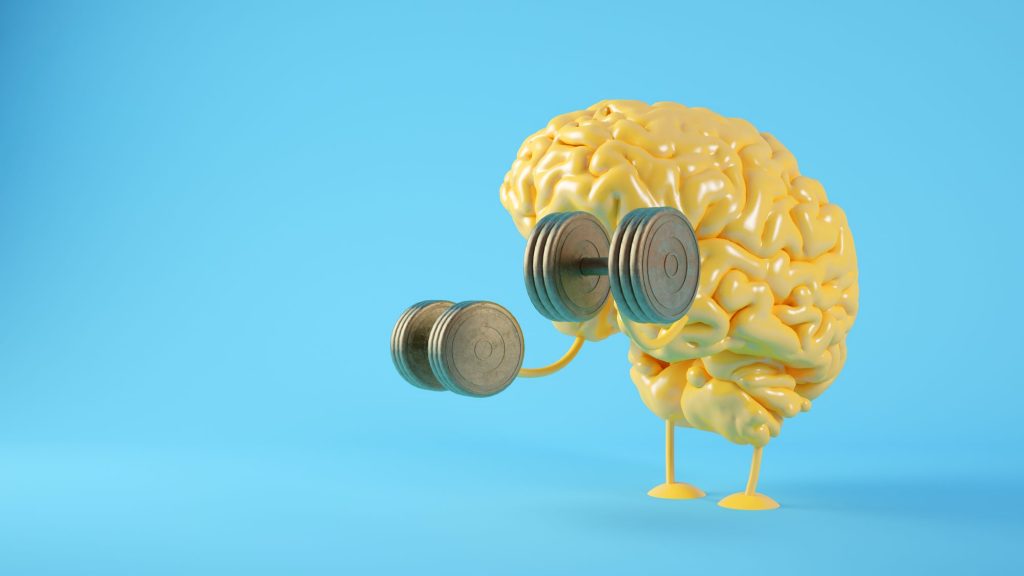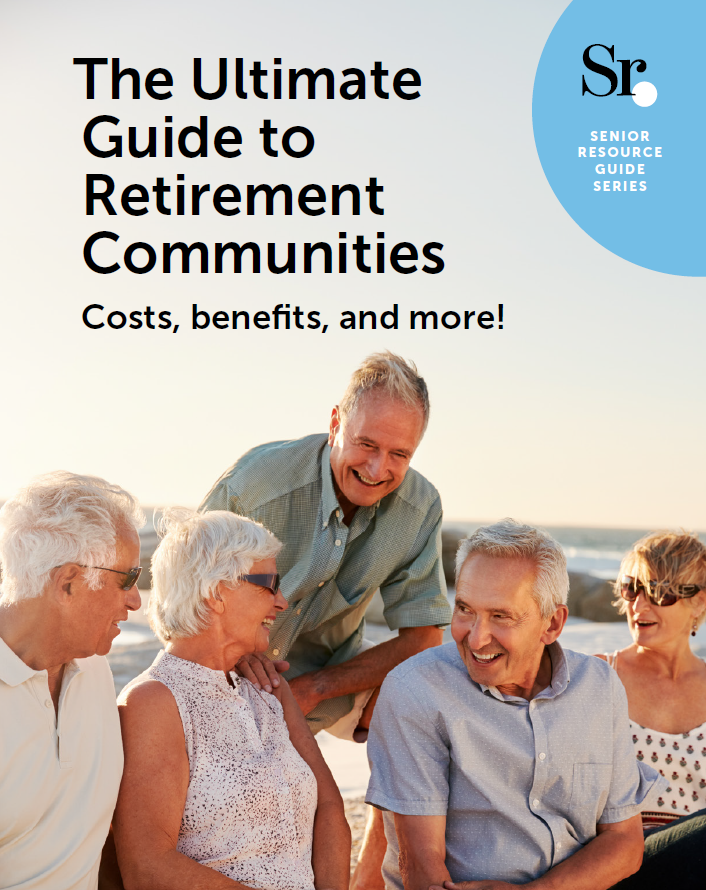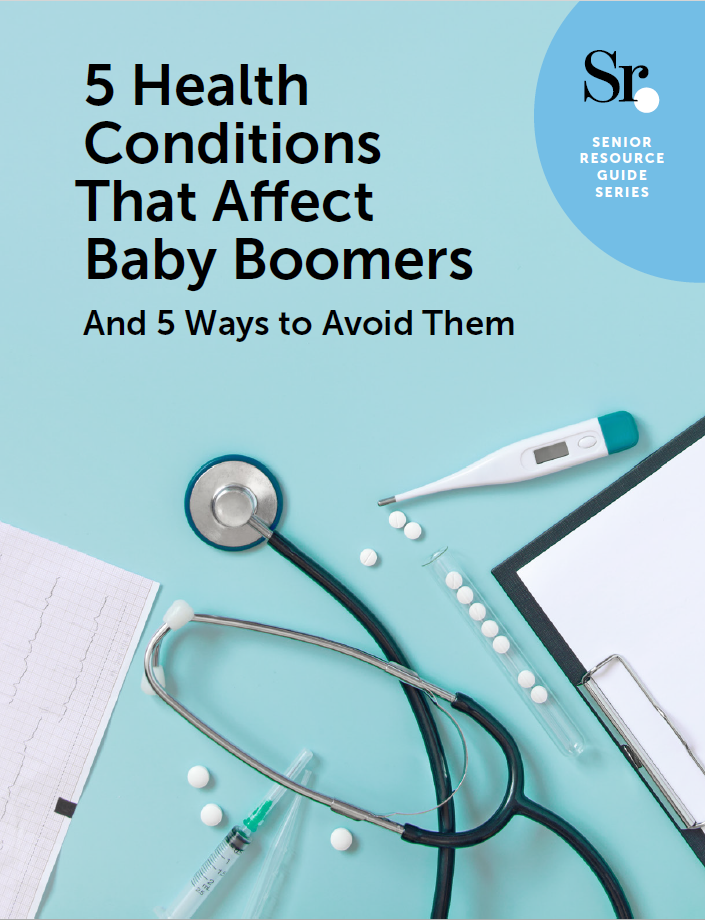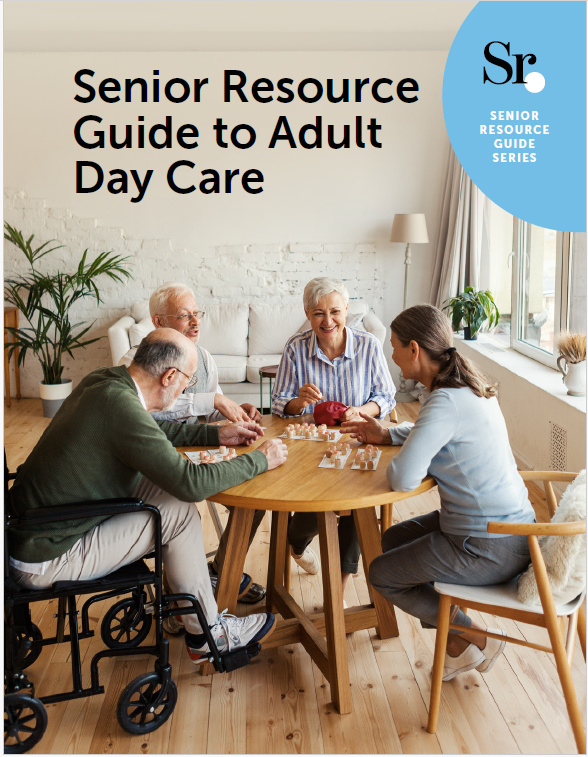Reduce Your Risk of Dementia with These 7 Healthy Lifestyle Choices

Dementia and cognitive decline are a growing concern for seniors and their loved ones. After all, there are currently over 55 million people, worldwide, living with dementia (Alzheimer’s Disease accounting for more than 60% of those cases). While there may not be a foolproof way to prevent these conditions, there are several lifestyle choices that can reduce the risk. By making some positive changes now, you can help keep your mind sharp as you age. Here are 7 healthy lifestyle choices that can help reduce your risk of developing dementia.
1. Challenge Your Brain

Keeping your brain active by engaging in mentally challenging activities can improve cognitive function and reduce the risk of dementia. Reading books, doing puzzles, learning a new skill, or taking up a new hobby are great ways to keep your brain active! Try memory games or crossword puzzles to really challenge yourself. Or, take a class to learn about something brand new.
Read Next: 11 Most Stimulating Brain Games for Seniors
2. Maintain a Healthy Diet & Weight

Research conducted by the English Longitudinal Study of Ageing (ELSA) found that people who are heavier in midlife have an increased risk of developing dementia. The study found that obesity actually increases your risk by about 34%. Maintain a healthy weight by sticking to a nutritious diet. A diet rich in fruits, vegetables, whole grains, lean protein, and healthy fats can help protect the brain from damage. A diet high in saturated and trans fats, sugar, and salt will keep your risk of cognitive decline higher, among creating other potential health risks. Here are some foods that are considered healthy for the brain:
- Fatty fish, such as salmon, tuna, and sardines, which are rich in omega-3 fatty acids
- Berries, like blueberries, strawberries, and blackberries, which contain antioxidants that protect the brain from damage
- Leafy green vegetables, such as spinach, kale, and broccoli, which are high in vitamin K and other nutrients that support brain function
- Nuts and seeds, including almonds, cashews, sunflower seeds, and pumpkin seeds, which are good sources of vitamin E and healthy fats
- Whole grains, such as brown rice, quinoa, and whole-wheat bread, which provide energy to the brain and help regulate blood sugar levels
- Avocados, which are high in healthy monounsaturated fats and provide a good source of vitamin E
- Dark chocolate, which contains flavonoids, a type of antioxidant that can improve blood flow to the brain and boost cognitive function.
3. Sleep

Sleep is SO important for optimal brain health! Grogginess doesn’t just lead to crankiness. It can affect your memory too. Most adults need between 7 and 9 hours of sleep each night. If you have trouble sleeping, try establishing a bedtime routine or speaking with your doctor about options that could help.
Here are a few ideas to help you rest:
- Naturally boost your melatonin. You can do this by avoiding artificial lights at night. Light (especially from TVs or cell phones) can suppress your body’s production of melatonin.
- Avoid afternoon naps.
- Refrain from drinking alcohol close to bedtime.
- Create a sleep-friendly environment by using earplugs, a sleep mask, and extra blankets. It can also be helpful to lower the thermostat to a cooler temperature.
- Develop consistent sleep routines.
- Practice good sleep hygiene by going to bed and waking up at the same time each day, including weekends.
- Make sure your bedroom is quiet and comfortable!
4. Stay Social

Social isolation can hurt mental health. It’s a huge risk factor for depression and, you guessed it, developing dementia. Join a social group, volunteer, attend church, or participate in a community event. There are so many ways to stay social and maintain connections with family and friends.
5. Reduce Stress

Engaging in stress-reducing activities such as mindfulness meditation, yoga, or deep breathing exercises can play a crucial role in reducing the risk of developing dementia. Long-term stress has been associated with adverse effects on both physical and mental health. By incorporating these techniques into your routine, you can effectively manage stress, promote relaxation, and improve your overall well-being.
Read Next: A Boomer’s Guide to Relieving Stress
6. Stay Active

You knew we were going to say ‘exercise,’ didn’t you? Well, it’s true – study after study has shown that physical activity can lower your risk of various health conditions, and dementia is no exception. Research has shown that even moderate exercise, such as a brisk walk or cycling, can help keep the brain healthy. How? Exercise helps to increase blood flow to the brain, which promotes the growth of new brain cells and improves cognitive function. So, we’ve said it before, and we’ll say it again – stay active!
7. Manage Chronic Conditions

Conditions like high blood pressure, diabetes, and heart disease can also increase the risk of cognitive decline. Managing these conditions through various lifestyle changes and medication can help reduce the risk and improve your overall health. It’s really as simple as following your doctor’s orders!
More Dementia Resources

Now is the right time to start making positive changes for your brain health!
If you’re looking for more dementia resources or support, start here:
Alzheimer’s Disease and Dementia Senior Resource Center
Need Something Else?

SeniorResource.com is your number one source for retirement planning, caregiving tips, and senior living help. Discover directories, guides, and expert advice on the most important topics in retirement and 55+ lifestyle today, from estate planning and Medicare to senior housing, aging in place, senior wellness, and more – we’re educating and empowering Boomers & Beyond!
Popular Articles About Alzheimer's and Dementia
Originally published April 22, 2024








